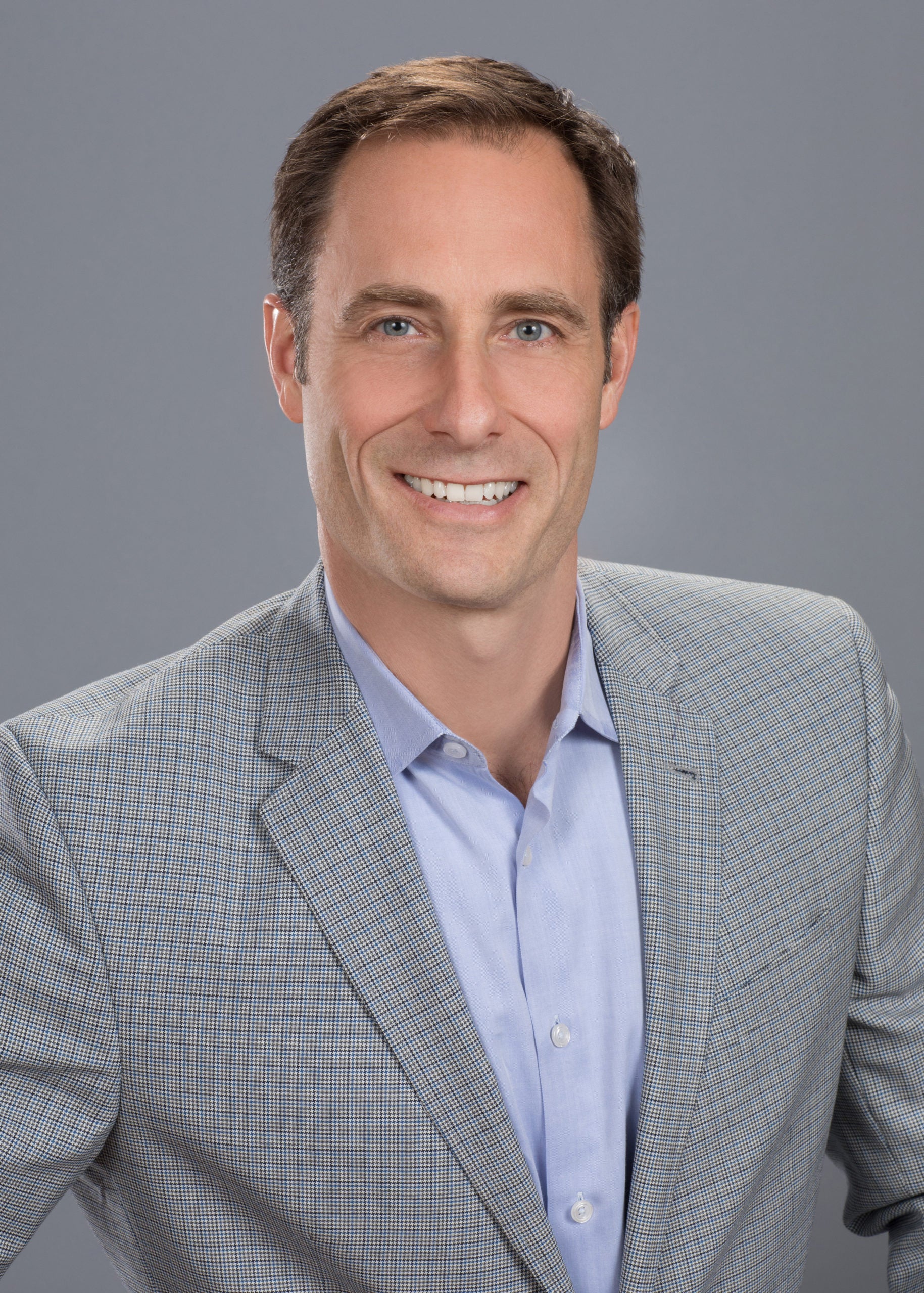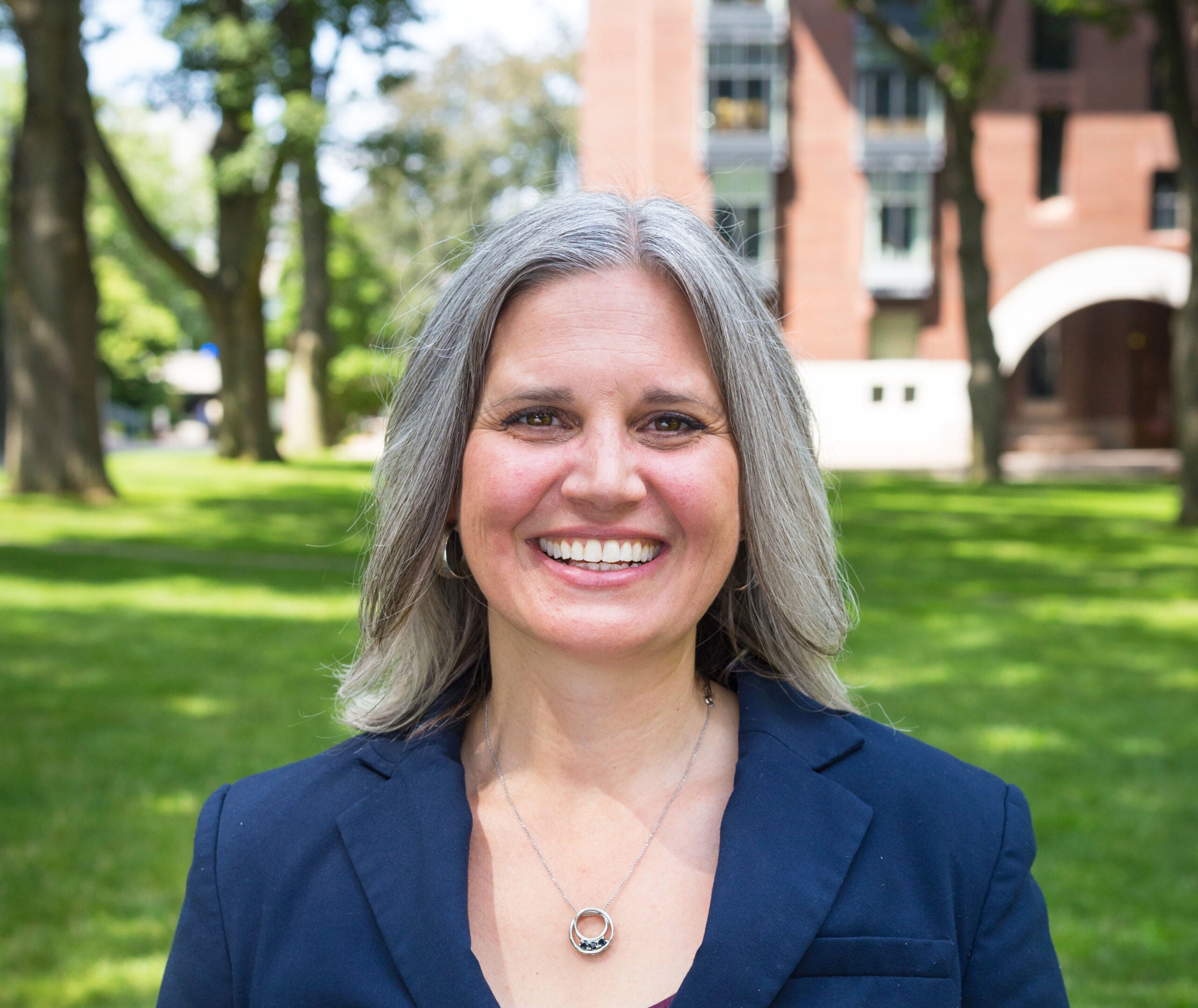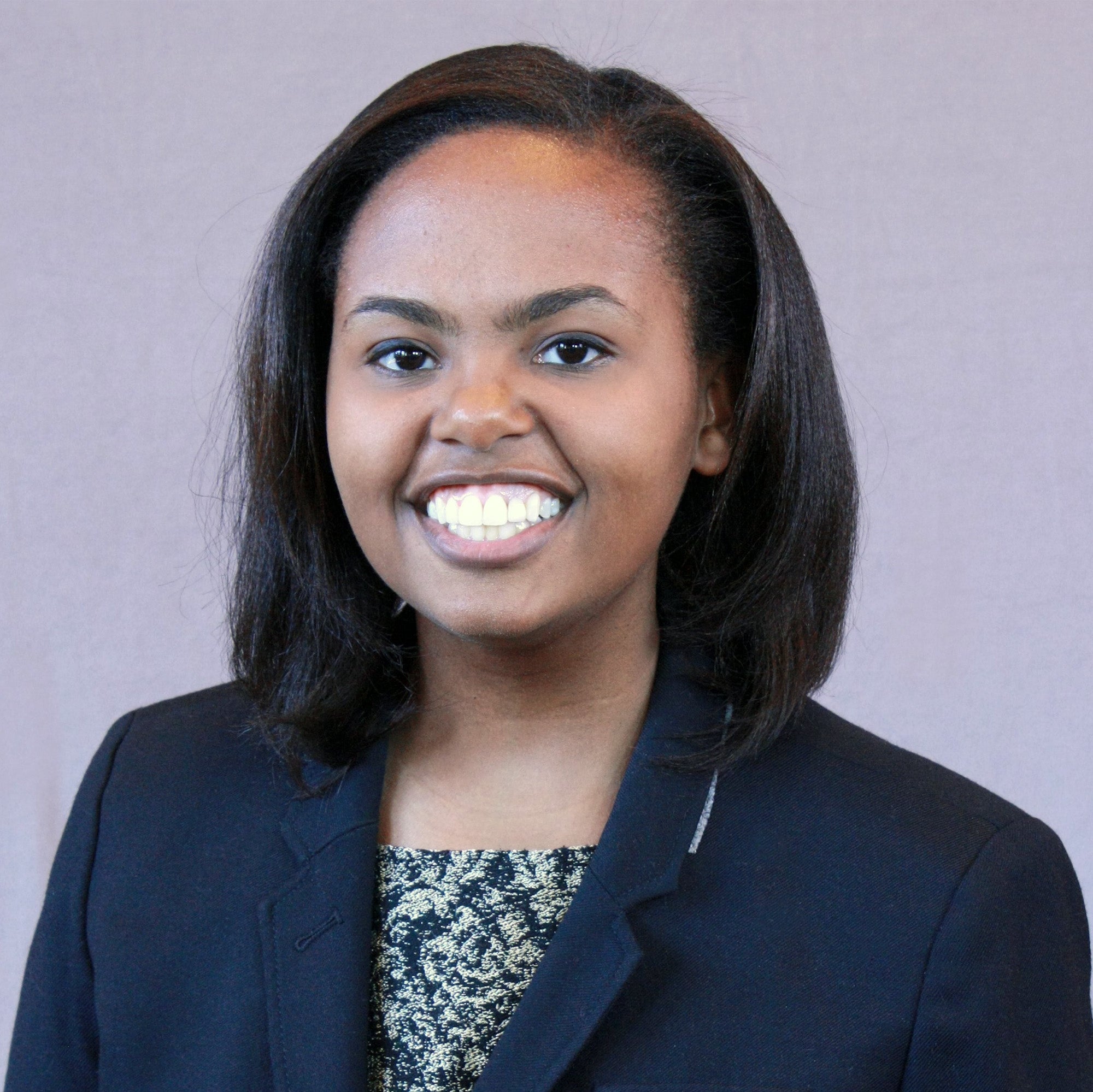Harvard’s Negotiation and Mediation Clinical Program teaches law students how to be facilitators at work and in life
By Rachel Reed
Via Harvard Law Today
It is a truism that the American legal system is adversarial. But that doesn’t mean it has to be acrimonious. And sometimes, say faculty members in the Harvard Negotiation and Mediation Clinical Program, approaching difficult discussions, even opposing attorneys, with an open mind and generosity of spirit can lead to better results for everyone.
Harvard Law Today spoke with Rachel Viscomi ’01, a clinical professor of law and director of the Harvard Negotiation and Mediation Clinic, along with Neil McGaraghan and Morgan Michele Franklin ’17, both clinical instructors and lecturers on law. The three discussed why their program focuses on teaching law students how to successfully lead challenging conversations — and why it is an important skill for any attorney.
Harvard Law Today: Last year, the Program on Negotiation led a class aimed at helping students learn how to lead challenging conversations in a variety of areas, from business, to politics, to the community. Why is facilitation an important skill for lawyers to gain?

Neil McGaraghan: Many lawyers work in collaboration with other lawyers, whether it is within a law firm, or by partnering with individual lawyers and other firms to represent clients. So, lawyers deal with other lawyers all the time and have to lead conversations about the work that they’re doing for their clients, including coming up with strategy, for example. They have to help clients understand their options. And sometimes those conversations involve multiple people, whether they’re all lawyers, or a combination of lawyers and client representatives. In those situations, someone needs to be able to lead the group in the conversation, to understand possible options, strategies, and consequences, and to elicit from the members of the group what their vision and concerns are.
There are other times when lawyers need to step into groups of other lawyers that are not necessarily part of the same team or on the same side of the litigation, as well. In these situations, they may still need to work together on solutions, but someone needs to be able to serve the role of making the group more efficient at sharing information and problem solving.
Additionally, some lawyers find themselves in community work that is not, strictly speaking, part of their role as a lawyer, but is a natural outgrowth of being part of the legal system — they attend community meetings, town halls, school board meetings, or work on boards of directors, whether in a volunteer organization or a corporate setting. Even those stepping outside of their ordinary role as lawyers still have a role to play as a as a leader and facilitator. Attorneys need the expertise to help bring all these competing — and hopefully, non-competing — perspectives together so that they can operate functionally as a group.
Finally, many lawyers end up being members of government or elected representatives, and in those contexts, they can end up having to work with many different constituencies and other lawmakers. The same principles apply: These lawyers need to know how to communicate with one another, express their views, share their concerns, and operate together effectively.
Harvard Law Today: What are some of the biggest or most common mistakes that lawyers make when trying to facilitate discussions between groups of people with different needs and goals?

Rachel Viscomi: Lawyers are primed to make mistakes here. If you think about some of the guiding principles about having good conversations, such as approaching with curiosity and with openness, there are many ways in which lawyers are rewarded for the opposite of those traits. There is this notion that you should never ask a question that you don’t know the answer to. Well, that is great advice for a courtroom, but it’s terrible advice for facilitation. That’s because what we’re really trying to do is to do is surface what we don’t already know. Additionally, because there is such a heavy emphasis on zealous advocacy, sometimes lawyers go into these conversations as participants wanting to persuade the other person — listening only for the places where I believe your view is wrong, or where you’re missing something that I think is pivotal. But if I’m listening to persuade, but not to understand, then it’s very unlikely that we’re going to get to a place where I’m learning from the other side.
In terms of leading the conversation, one of the things that lawyers excel at is problem solving. But often we default to an assumption that the goal for which we’re coming together is to come up with an answer — to develop a policy to fix a thing. And sometimes that is what you’re coming together for, but often it’s not. Sometimes you’re bringing together groups of people who don’t have decision-making power on a policy level but do have power on how they personally engage. Yet sometimes in the rush to find out an answer, we can miss some important parts that are critical to figuring out how we move forward together.
I also think that lawyers, particularly Western-trained, U.S. lawyers, tend to prioritize the qualities that they are rewarded for. For example, people who are extroverted will jump in and share their thoughts, sometimes failing to leave enough space in the conversation for those who are more introverted or who prioritize clarity. Often the richest part of these conversations is at the interstices — in the places where the things that we are certain about start to fade away and become places to explore together. But this is also the place where lawyers can feel less comfortable, because they want to be prepared, they want to control the conversation, they want to make sure that nobody is getting too upset. So, sometimes they can hold the reins a little bit too tightly in a way that stifles the most interesting parts of the conversation.
Harvard Law Today: How can lawyers understand and respect the needs of various or varying constituencies in these types of discussions? How can we better understand one another’s goals?
McGaraghan: We can make sure to make space for others. Create an environment where listening is integral to what members of the group are there to do and underscore that it is part of everyone’s responsibility. Ensure that people can share the things that need to be shared. This may happen over time, but an effective facilitator has built a container for a conversation or a series of conversations where people feel that they can speak comfortably and be heard, and where people have gotten used to the practice of listening to each other with some genuine interest.
Sometimes, this also means asking questions that enable the group to consider hard issues, being willing to elicit difficult feelings and perspectives, and paying attention to where discomfort may be preventing people in the group from fully engaging with the conversation. In other words, it is important that lawyers as facilitators ask questions that help people dig into what the real issues are and be willing to walk into the ones that feel raw. A skillful facilitator will be able to work through these issues instead of blocking them.
Harvard Law Today: Why do you think these are important skills for budding lawyers to learn?

Morgan Franklin: Whether representing clients, serving as an elected representative, or just engaging as a community member, what it looks like to help people communicate, solve problems, and work together effectively is critically important as a lawyer.
This also begs a more foundational question, which is, “what is it that we hope that our students will take away from their legal training and law school experience?” Something that we hope they will take away is the ability to see their way around an argument. One of the reasons our students learn in sections during their first year at law school is the hope that they will not only learn from the professor and their texts, but also from one another. And the way that you’re able to learn from other people is to really learn by understanding others’ experiences. The skills we’ve been talking about are central to that type of engagement.
Harvard Law Today: How can you tell that facilitation has been successful? What does success look like?
Viscomi: I think what a successful facilitation looks like depends on its purpose. Before you even walk into the room as a facilitator, one of the things you should know is what you hope to get out of it, and how it can be structured to best achieve that goal. So, one measure of success is whether we have met that original purpose. Another measure is whether the people in the group felt that they could share their thoughts fully and openly. You want to make sure there has been space in the room not just for dominant narratives, but also, counter narratives.
For me personally, one thing that I think about is whether we have managed to engage with each other in a way where we have really seen one another’s humanity, where everybody is able to show up and engage with the complexity of the experiences and the perspectives that are in the room. And that is not always easy, but it is important.
Filed in: Updates
Contact Office of Clinical and Pro Bono Programs
Website:
hls.harvard.edu/clinics
Email:
clinical@law.harvard.edu